Laugh Out Loud: The Impact of Comedy Sketches on Pop Culture
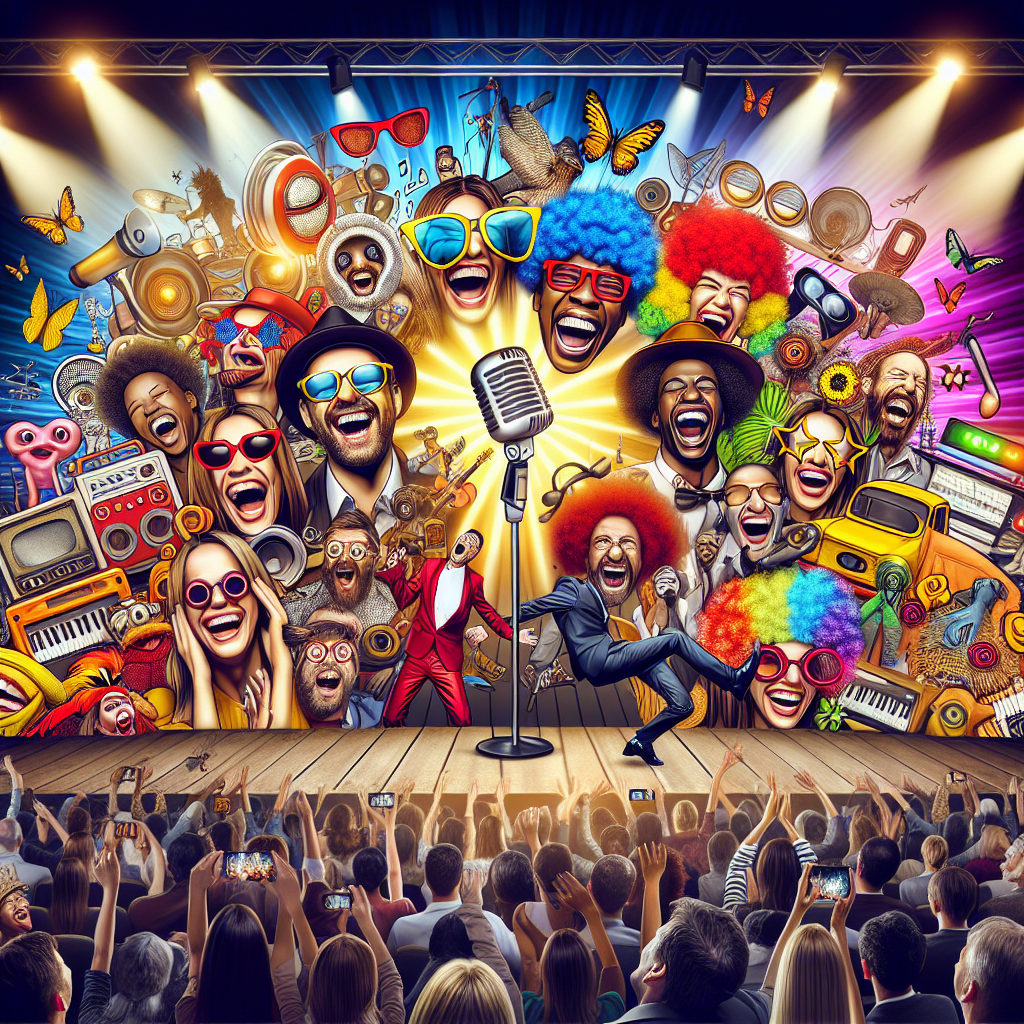
Table of Contents
- H1: The History of Comedy Sketches
- H2: The Evolution of Comedy Sketches
- H1: The Social Commentary of Comedy Sketches
- H2: Laughing Through Politics
- H3: The Role of Satire
- H1: Trends Shaped by Comedy Sketches
- H2: Language and Catchphrases
- H2: Fashion Influences
- H1: The Accessibility of Sketch Comedy
- H2: The Global Influence
- H1: The Future of Comedy Sketches
- H2: Embracing New Platforms
- H1: Conclusion
- H1: Further Reading and Resources
Comedy has long been an essential aspect of human culture, providing laughter, reflection, and sometimes even social critique. Among the various forms of comedic expression, comedy sketches have carved out a unique place in pop culture, becoming a critical medium for entertainment and social commentary. This article explores the impact of comedy sketches on pop culture, examining how they shape societal norms, influence trends, and serve as a reflection of contemporary issues.
H1: The History of Comedy Sketches
Comedy sketches as a distinct format have evolved over time. Originating from theatrical performances and vaudeville acts, they became a staple of television in the 20th century. Programs like "Saturday Night Live" (SNL) revolutionized the sketch format, blending live performances with satire and political commentary. The show’s blend of humor, celebrity appearances, and contemporary issues has made it a cultural institution.
H2: The Evolution of Comedy Sketches
Initially, comedy sketches were short performances intended to entertain. They often relied heavily on slapstick humor and exaggerated characters. However, as social issues evolved, so did the themes and styles of comedy sketches.
-
The 1950s and 60s: This era saw the rise of television comedy shows that introduced a more structured approach to sketches. Programs like "The Ed Sullivan Show" played a significant role in popularizing comedic talent.
-
The 70s and 80s: The introduction of shows like "SNL" and "Monty Python’s Flying Circus" marked a turning point, offering a platform for more diverse and satirical content. These programs incorporated political humor and social commentary, reflecting changing societal values.
- The Modern Era: In the age of the internet, sketch comedy has seen incredible growth through platforms like YouTube, TikTok, and streaming services. Creators now have unprecedented access to audiences, allowing for niche topics and diverse voices.
H1: The Social Commentary of Comedy Sketches
Comedy sketches often serve as a mirror to society, reflecting its absurdities and contradictions. This ability to comment on social issues cleverly makes them a powerful tool for change.
H2: Laughing Through Politics
Political sketch comedy has a long-standing history, providing audiences with a lens through which to view complex political issues. Shows like "The Daily Show" and "Last Week Tonight with John Oliver" dissect current events and policies in an accessible format, making them easier to digest.
H3: The Role of Satire
Satire is a vital component of sketch comedy, allowing comedians to critique societal norms while still entertaining. By exaggerating flaws and highlighting hypocrisy, satirical sketches can spark conversations and encourage audiences to think critically about societal issues.
H1: Trends Shaped by Comedy Sketches
Sketch comedy plays a crucial role in shaping cultural trends. Whether influencing fashion, language, or social behavior, comedic sketches often set the stage for broader societal shifts.
H2: Language and Catchphrases
Many sketches have introduced iconic catchphrases and terms into popular vernacular. For instance, phrases like "Live from New York, it’s Saturday Night!" have become ingrained in the culture, signifying not just the show but the collective experience of millions who tune in each week.
H2: Fashion Influences
Sketch comedy has also heavily influenced fashion trends. Characters often become style icons; for example, the "Tina Fey as Sarah Palin" sketches spurred a surge of interest in tailored suits and glasses, inspiring both comedic and serious fashion trends.
H1: The Accessibility of Sketch Comedy
With the rise of digital platforms, sketch comedy has become more accessible than ever. Creators from diverse backgrounds can share their perspectives, enriching the comedic landscape and allowing for greater representation.
H2: The Global Influence
The global reach of platforms like YouTube has enabled international comedians to create content that resonates across borders. This shift has diversified the types of comedy being produced and consumed, offering audiences a richer array of comedic styles and themes.
H1: The Future of Comedy Sketches
As society evolves, so too will sketch comedy. The rise of artificial intelligence and technology will undoubtedly influence this genre, as new tools enable creators to experiment with form and content. Moreover, as social consciousness increases, sketches will likely continue to address pressing societal issues, driving important conversations.
H2: Embracing New Platforms
As new platforms emerge, the way sketch comedy is created and distributed will continue to transform. Brands will likely leverage comedic sketches in their marketing strategies, creating content that resonates more deeply with audiences.
H1: Conclusion
The impact of comedy sketches on pop culture is profound and multifaceted. From providing a platform for political commentary to shaping language and trends, sketches remain a vital part of the cultural lexicon. As we look to the future, one thing remains certain: comedy sketches will continue to entertain, critique, and inspire, ensuring laughter remains a cornerstone of our shared human experience.
For more on the nuances of pop culture and entertainment strategies for your business, explore our article on How to Market Your Creative Business.
H1: Further Reading and Resources
For those interested in a deeper understanding of the impact of comedy in society, consider checking out external resources like:
These articles delve into the broader implications of humor in society, providing additional insights into the significance of comedy sketches in contemporary culture.
Latest Posts
You Might Also Like

Lorem ipsum dolor sit amet, consectetur adipiscing elit. Ut elit tellus, luctus nec ullamcorper mattis, pulvinar dapibus leo.
TOP NEWS
Copyright © 2025 FunnyShowStreaming.site | All rights reserved.



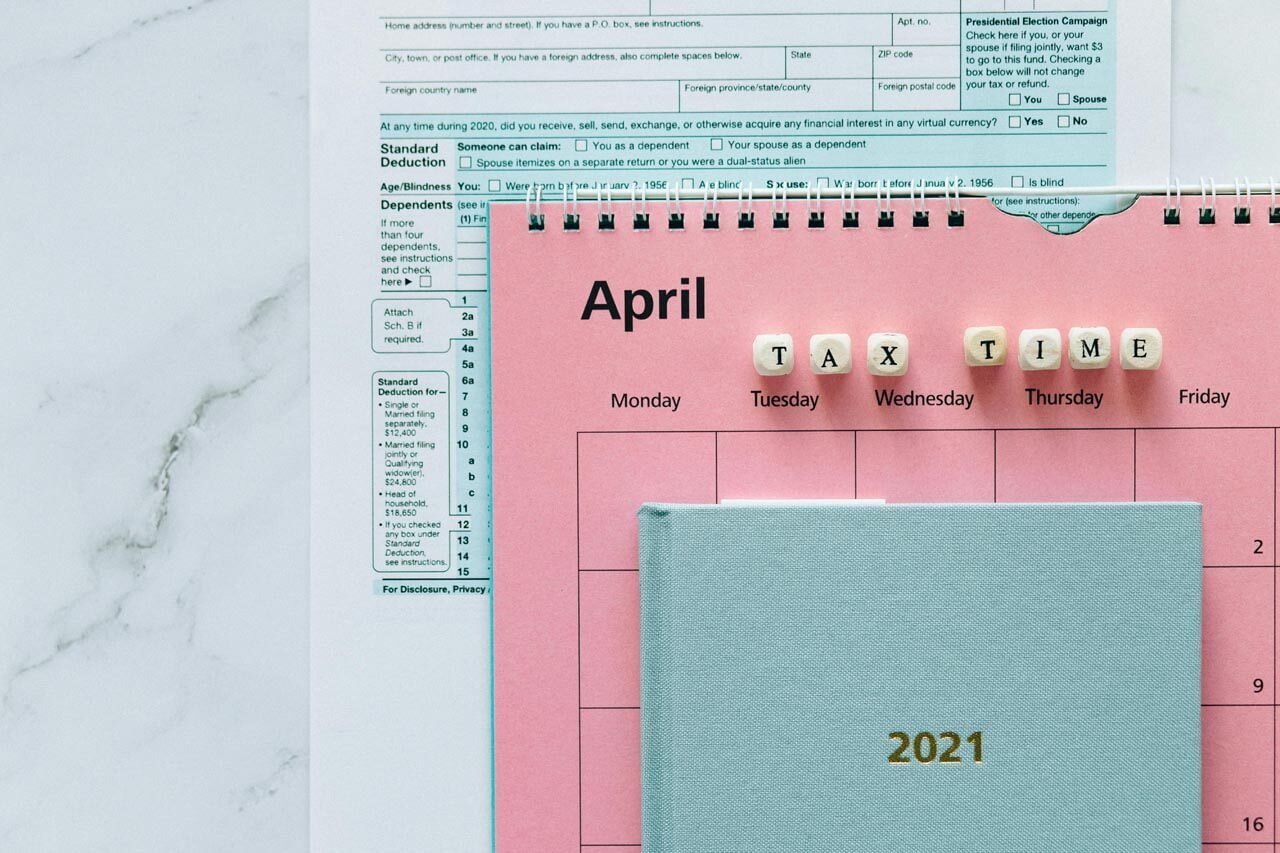


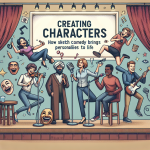





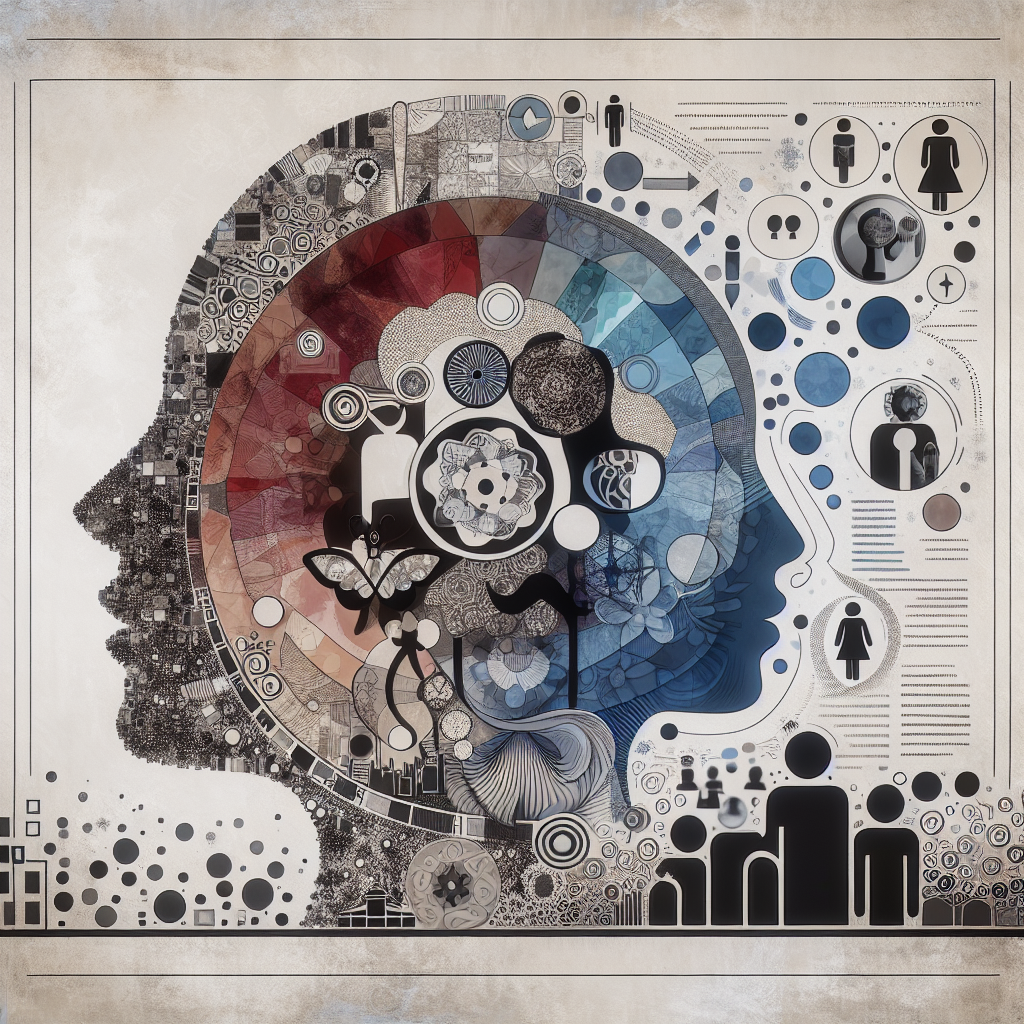
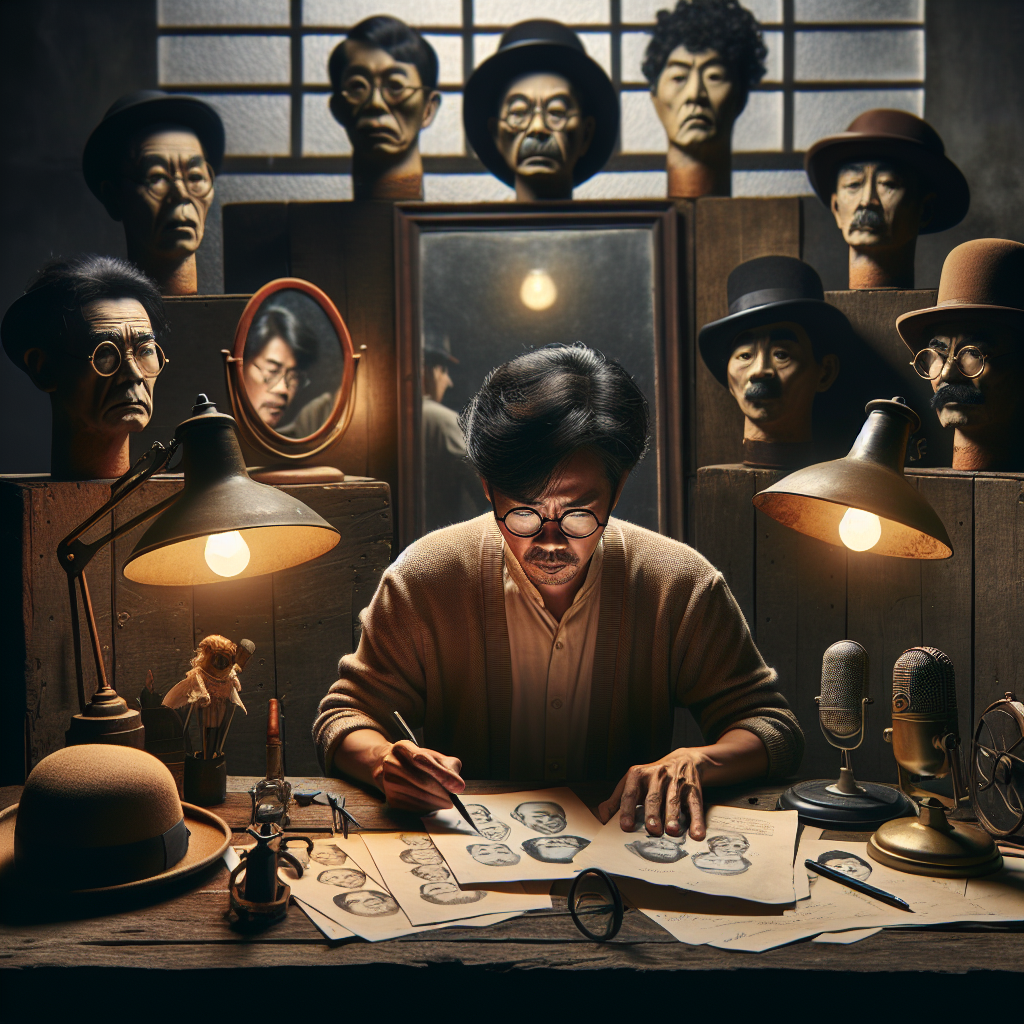
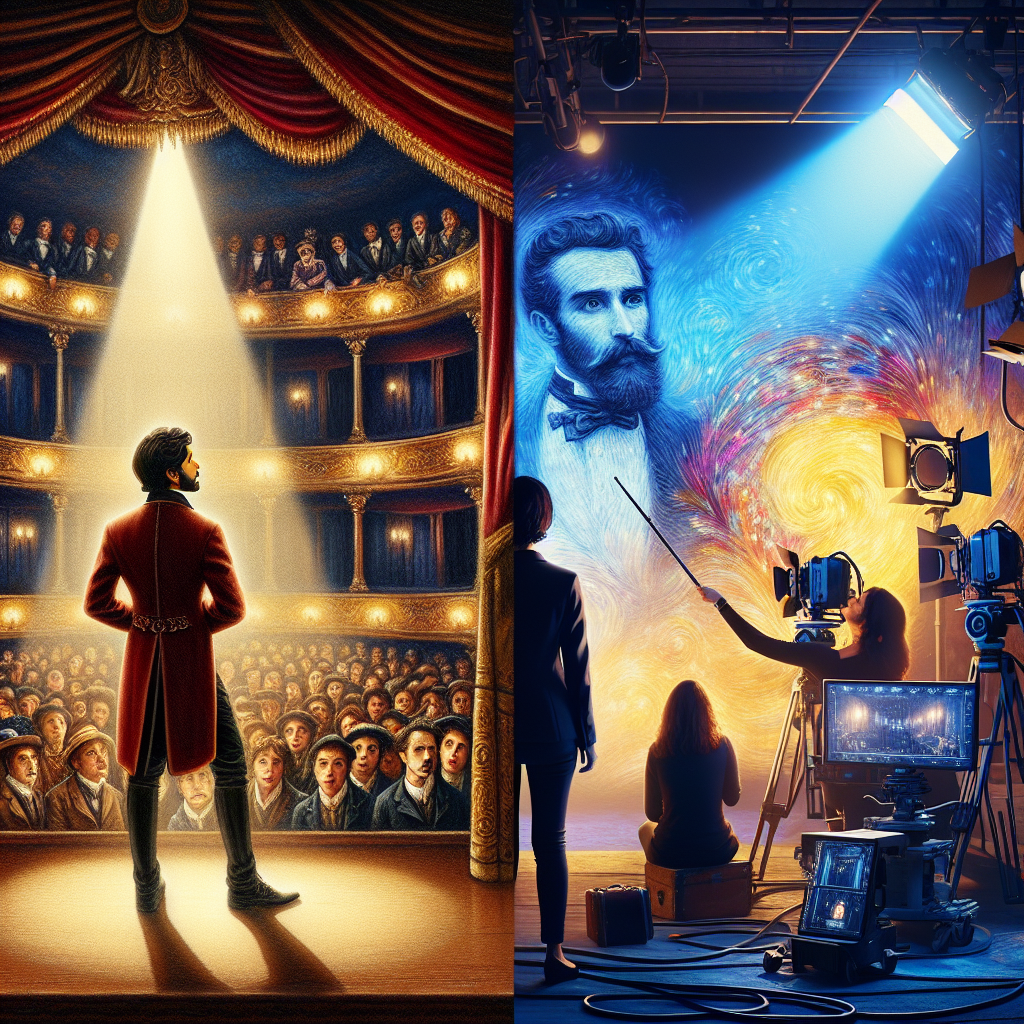
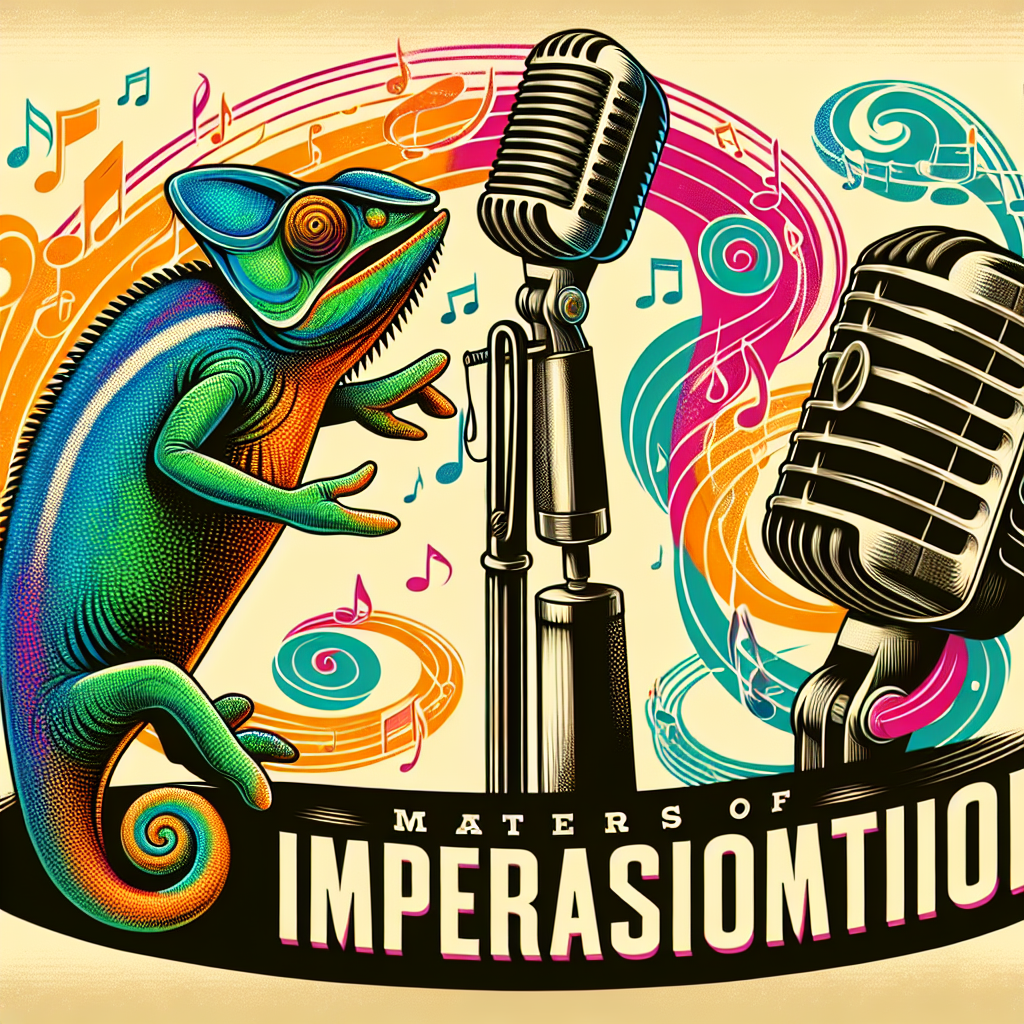



Comments are off for this post.